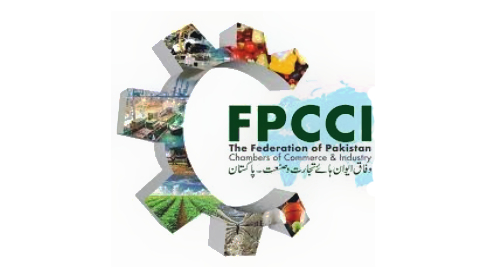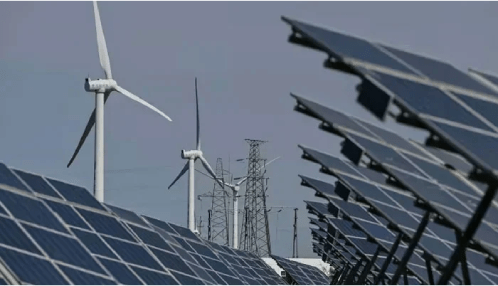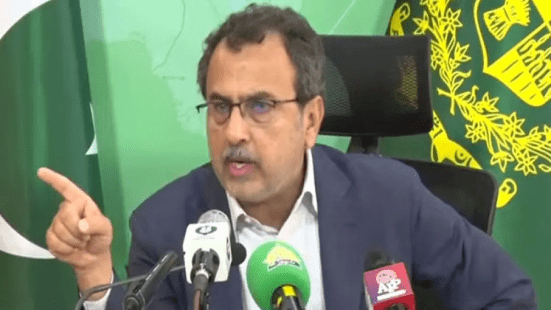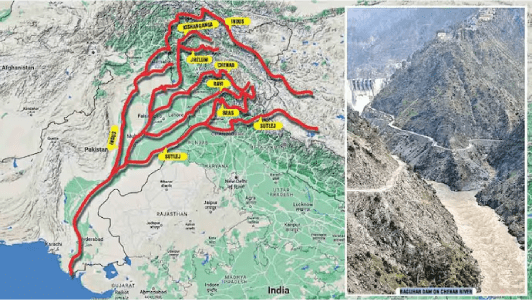Karachi: Saquib Fayyaz Magoon, Acting President FPCCI, has echoed the collective concerns of the entire business, industry and trade community of Pakistan that electricity and gas prices must be rationalized with immediate effect in accordance with ground realities in a way that businesses can continue to operate profitably and sustainably.
It was pertinent to note that he was delivering his keynote address as chief guest at the historic All Pakistan Chambers Conference (APCC) 2024 at Rahim Yar Khan Chamber of Commerce & Industry (RYK-CCI) – the capstone event of the business community of Pakistan. The high-profile conference called for an apolitical, legally-binding, sectorally-inclusive and long-term Charter of Economy to ensure continuity, pragmatism, validity, growth-orientation and consultative approach in the economic policymaking.
Saquib Fayyaz Magoon, Acting President FPCCI, reiterated that for the second consecutive time in only two months, the government has raised the tariff of gas for industries; and, this move is categorically anti-business; and, primarily aimed at fulfilling IMF conditionalities. As a result, inflation is expected to be fueled further in the coming months.
He added that the government must urgently reconsider its policy of raising energy prices unabatedly in a consultation-less manner; especially the recent 223% hike in captive gas prices to Rs. 2,750/MMBtu since January 2023. This steep increase jeopardizes Pakistan’s industries and creates risk factors for their imminent collapse.
Mr. Magoon emphasized that food authority should be federal to avoid contradictions, anomalies and discrepancies in interprovincial food trade & regulations. He added that shipping lines should come under a strong regulatory body; so that, the exploitation of businessmen at their hands should end.
Acting FPCCI Chief proposed that, in order to tackle Pakistan’s expensive energy related woes and water scarcity, the new government should expedite the construction of ongoing dam projects; and, also announce new, smaller dams across length and breadth of the country. This will help improve country’s energy and food simultaneously.
Mr. Saquib Fayyaz Magoon explained that inflationary pressures have adversely affected both households and businesses. Traditional methods like raising interest rates prove counterproductive. The government should explore unconventional monetary policy tools to mitigate inflation’s adverse effects. No business can borrow and repay at 22 percent key policy rate, he added.
Magoon highlighted that state-owned enterprises (SOEs) have incurred losses of PKR. 1,400 billion over the last 2 years alone; and, the only way forward to get rid of these losses is to privatize them with all sincerity and diligence. Privatization should be the top priority of the economic team of the new government and no time should be wasted, he added.
Abdul Rauf Mukhtar demanded that the limit in the definition of Small & Medium Enterprises (SMEs) should be enhanced to 800 million in Pakistan from the current 250 million in order to enable SMEs flourish; create jobs and generate revenues in the current circumstances; where rupee has undergone massive devaluation – practically changing the landscape and ecosystem of small businesses vis-a-vis nominal financial value of their revenues.
Muhammad Iqbal, President of Rahim Yar Khan Chamber of Commerce & Industry (RYK-CCI), criticized the high-handed approach of the Drug Regulatory Authority of Pakistan (DRAP); and, called upon the government to control their excesses as pharmaceutical is a very critical industry for a country like Pakistan with 245 million population and its demand for domestically-produced medicines.
Mr. Zaki Aijaz, VP FPCCI, maintained that a tectonic shift is taking place the world over in the energy mix; and, clean & green alternative energy sources will take over the world sooner than what we can imagine. Alternative sources are not only cheap; but are also more sustainable and much more abundant – and, fortunately, Pakistan happens to be one of the most resource-rich countries in this regard.







